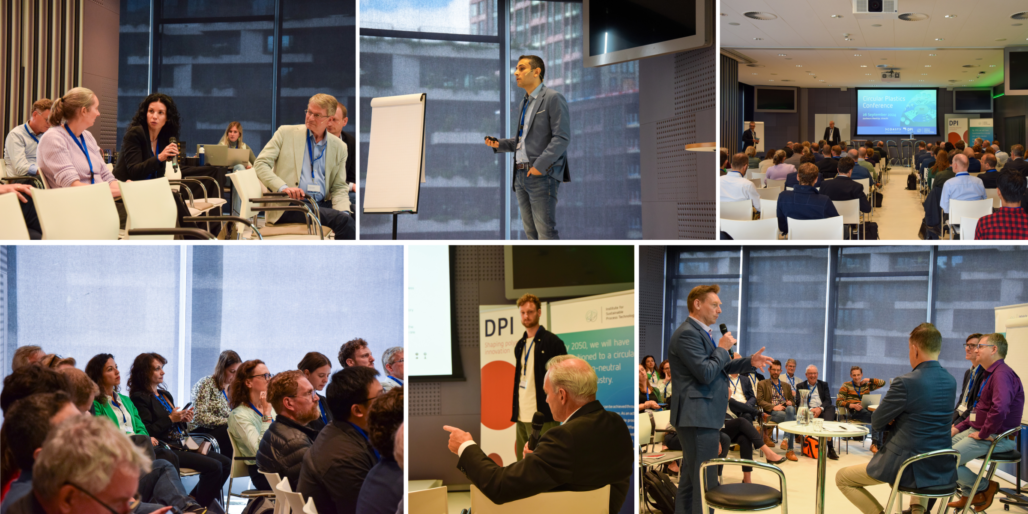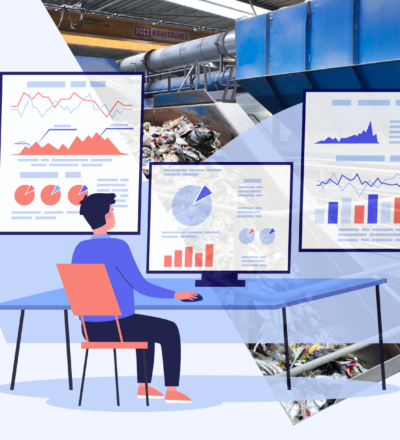At the Circular Plastics Conference 2024, we reflected on past achievements and explored the strategies and technologies needed to bridge the gap to sustainable plastics. Since the start of the Circular Plastics Initiative (CPI) a lot has happened over the past 6 years. Both in terms of research, development of regulations and general understanding. But the real question is: “are we moving forward?”
On 26 September 2024, almost 100 experts gathered for the Circular Plastics Conference at the Jaarbeurs Meetup in Utrecht. A key takeaway from the plenary keynotes was that a systems approach is essential, and that gaining a comprehensive overview of this complex system is crucial. Throughout the day, we addressed key developments and future needs in 4 important value chains: Packaging, Textiles, WEEE and Automotive. The main focus of each value chain is to generate recycled material with the right quality. Therefore, monitoring the quality of plastic streams is very important.

Monitoring system for plastics
We are currently in the situation that we do not understand the plastics system we are working in. The main reason for this is that public data on plastics produced and used is scarce. There are developments which couple relevant data of plastics in order to contribute to a circular value chain. Based on these developments, the CPI aims to set up a consortium project to develop a monitoring system focused on relevant quality attributes in order to bring transparency and enable guidance for future circular supply chains. Examples of the building blocks needed for this system, are:
- A digital product passport (DDP) database helps us track and understand where a product comes from when it enters the market.
- During the waste processing phase, AI platforms can identify and sort different types of plastics. This gives us a better idea of how materials can be recycled.
- Understanding the quality attributes of recycled materials helps to ensure that they meet the standards needed for re-entering the process industry.
The monitoring should be managed and executed by a public organisation and could be used by industry, branch organisations, policy makers as well as Producer Responsibility Organisations (PRO) for Extended Producer Responsibility (EPR).
The consortium should ideally consist of relevant industrial parties, including a Digital product passport (DPP) provider and developer, end users, retailers, waste collectors, recyclers, polymer producers and converters, and knowledge providers. Interested in joining us to work on this subject? Please contact Ronald Korstanje.
